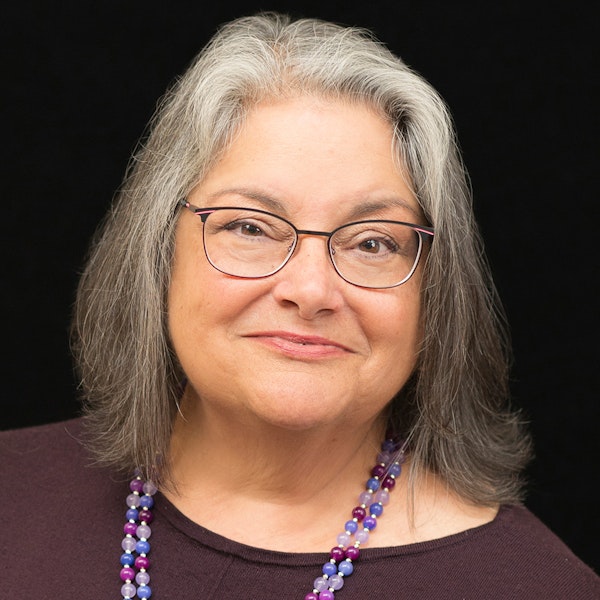
Sandi Rosner has been a devoted knitter for more than 50 years and works as a freelance designer, writer, and technical editor. When she isn’t knitting, she usually has her nose in a book.
Subscriber Exclusive
Whether you’re knitting socks, sleeves, or mitten thumbs, the needle style you choose can make all the difference in speed, comfort, and stitch quality.
Subscriber Exclusive
We have 4 selvedge edges you should know for tidy knits.
From sheep to skein, see how Jill Draper’s commitment to traceable, American-grown wool gives knitters yarns with better structure, richer character, and a deeper connection to place.
Subscriber Exclusive
Discover which yarn-joining method works best for your fiber, project type, and knitting style.
Subscriber Exclusive
Knit socks, sleeves, and more in the round—no DPNs required!
Subscriber Exclusive
Swatching for a project knitted in the round can be awkward and inconsistent. Steeking your knitted swatches makes it easy to explore colorways, check gauge, and practice cutting your knitting—eep!
Have you tried knitting with Criollo wool from Mexico or created something with lustrous Lincoln Longwool? Learn why you should and meet the Massachusetts farmers connecting knitters with shepherds around the globe.
Subscriber Exclusive
Knit a classic beanie in your size with your yarn using Sandi’s pattern with a fill-in-the blank worksheet.
Subscriber Exclusive
The quest for a weekend getaway led two city-dwellers to an ambitious goal: to produce the finest wool in the United States.
Many knitting designers have fantasized about having their own yarn line or yarn company. Jill Zielinski made it happen.